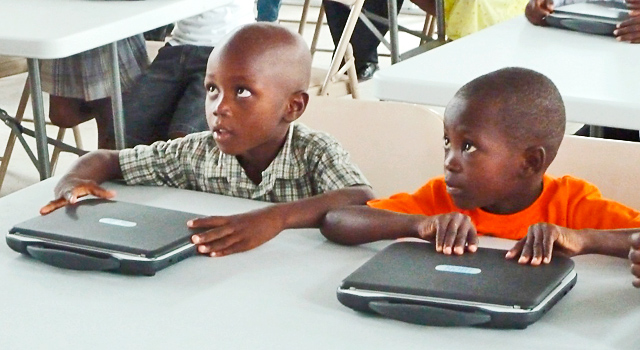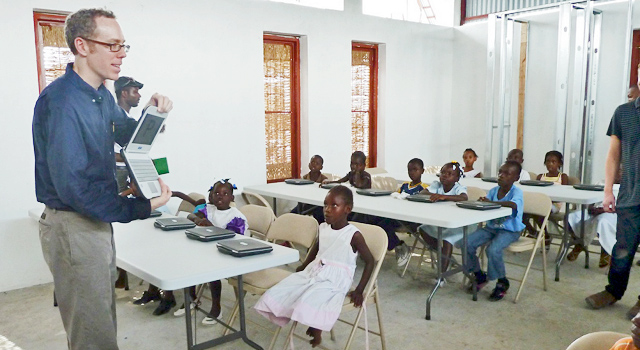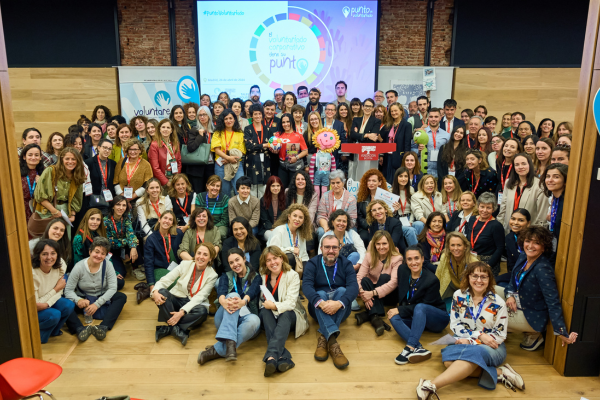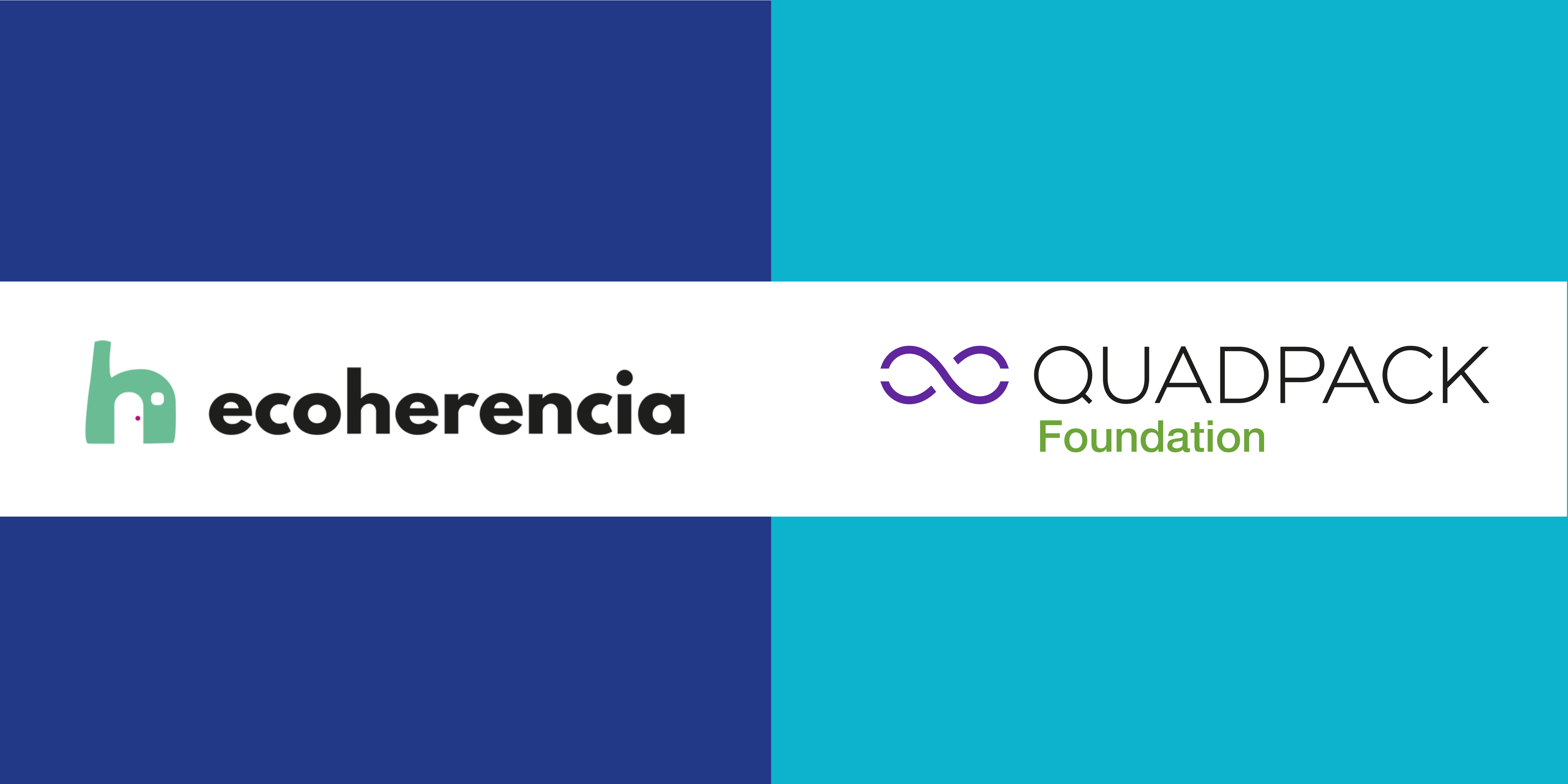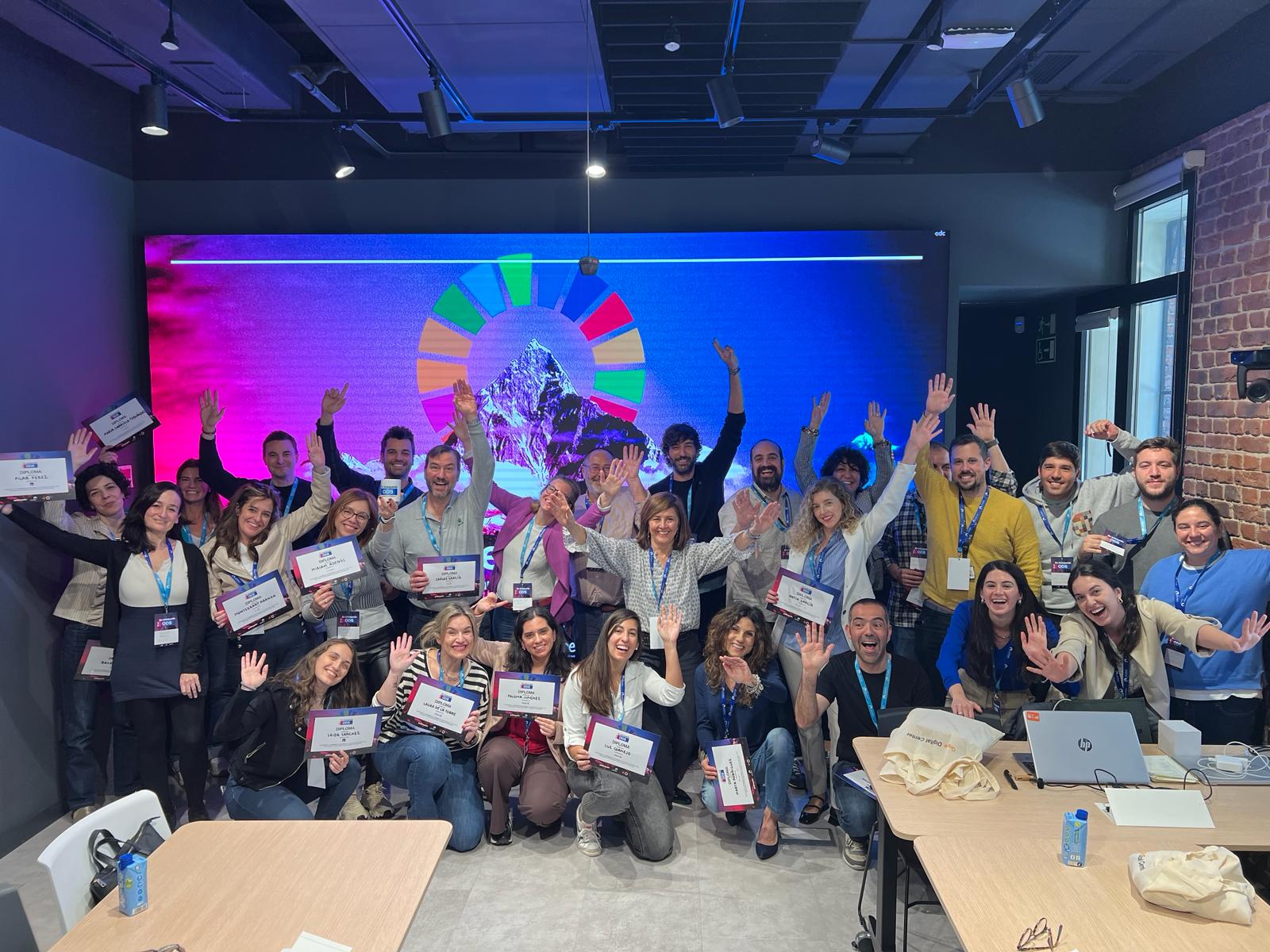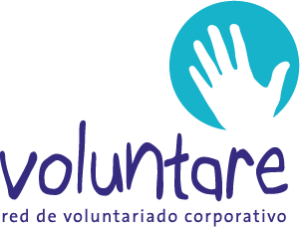«When you are working with people who speak a different language and live in a different culture than you do, your sensitivity to communication is heightened in new ways,» she added. «That is a learning experience that you bring back to your own more familiar work environment. It changes you.”
Wedge’s IBM team included five executives from three countries who spent three weeks in Bucharest after preparing for more than two months. Wedge participated on a panel that I moderated at CDC Development Solutions’ International Corporate Volunteerism (ICV) Conference 2012 in Washington, D.C., last week. Wedge’s three fellow panelists wholeheartedly agreed with her insights.
“Although I learned a bit of Swahili to prepare for my work in Kisumu, Kenya, it turned out that the people in the community where I worked spoke a local dialect, so we had to make the best of our ability to communicate,” explained Katherine Scott, RN, BSN, Clinical Research Associate, GlaxoSmithKline. “My volunteer experience provided lessons in working with people from different cultures and backgrounds that has deeply affected my sensitivity to more subtle differences among people with whom I work back home.” Scott’s activities in Kenya were focused on improving health care, particularly related to the treatment of malaria.
Teamwork, communications, listening and body language, diversity sensitivity, and problem-solving were the key skills that the four returning volunteers described as areas of personal and professional growth derived from their international pro bono deployments. “I have newfound respect for colleagues who came up with incredibly creative solutions without having the necessary tools and resources readily available,” said Luke W. Filose (pictured above), of Intel Education Market Platforms Group, who was with a volunteer team in Haiti.
A few weeks ago, I wrote about the value of experiential learning for leadership development. And just as you can’t teach leadership from books and in classrooms, you can’t teach diversity sensitivity in sterile settings; the most important personal and professional growth comes through experience. Notice also that these best-in-class corporate volunteerism programs provide opportunities for their employees to apply what the company does best in new settings; this is useful for community relations as well as research and development, particularly in emerging markets.
Tyler D. Schleich, business development, Ernst & Young LLP (formerly manager, tax services) blogged about “pushing both the boundaries of what I knew and what I could only know through living in a different culture and helping a business with a creative mastermind,” referring to the business entrepreneur whom Schleich advised. Schleich deployed for his pro bono assignment from Columbus, Ohio to Sao Paulo, Brazil for two months. With regard to his role in helping to advance his client’s company, Schleich says that “this sense of accomplishment can sometimes get lost when you are working on our billion-dollar multinational corporate clients back in the U.S.,” he added.
Key findings of CDC Development Solutions ICV Benchmarking Survey, presented at the conference, were consistent with panelists’ comments, while also showing the growth in ICV among companies. Here is a sampling of findings:
- The majority of ICV programs are created to improve volunteers’ leadership skills (54%)
- On-the-job performance and leadership potential are the most important criteria in volunteer selection (4.29 and 4.17, out of a 1-5 scale)
- Volunteers are expected to be internal “ambassadors” for the program after their return (96%)
- Companies felt they received strong benefits in all five categories: human resources (staff motivation and commitment), research and development (of emerging markets), CSR (in communities where company has projects, internal company image, employee engagement), volunteer (contributing to a cause, professional growth), local client (access to resources)
CDC Development Solutions, led by president & CEO Deirdre White, designs and implements ICV programs for leading global corporations. ICV volunteers work in 62 countries. In an interview, White explained that ICV is a «rapidly growing trend that improves the company’s triple bottom line,» meaning people, planet, and profits.
Referring to the panel discussion, Kathy S. Hudson, manager, community outreach and employee engagement, Eli Lilly and Company, asked, “How do we measure the enthusiasm and passion that we witnessed on your panel? And how do we keep it alive and build on it?”
Measuring the impact of the win-win-win for communities served, volunteers, and sponsoring companies was a key topic of discussion. Methods continue to be along the lines I developed and described in a chapter in Corporate Philanthropy at the Crossroads (1996) and my book, Leveraging Good Will (2005), and use with my corporate clients. Customizing a methodology to measure and track the impact of corporate volunteerism is not the issue. It’s a matter of commitment and rigor to capture the necessary data. I firmly believe that as companies decide to become more strategic in order to maximize their returns on investment in service, leadership, and philanthropy, they will focus on measuring impact as they do for any other business endeavor. It’s just good business.
Fuente: Fast Company
